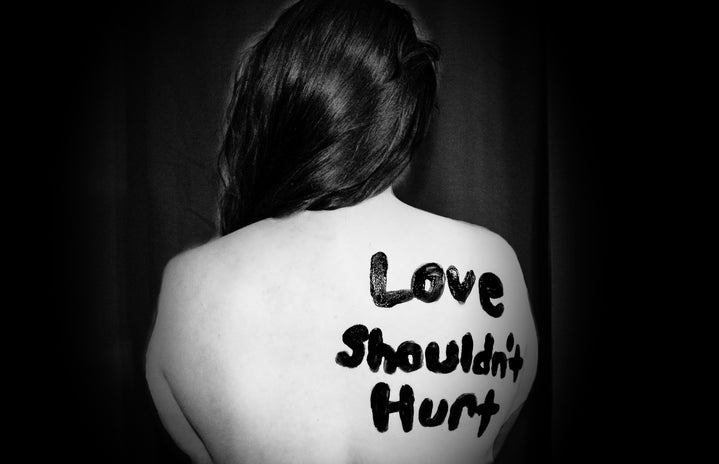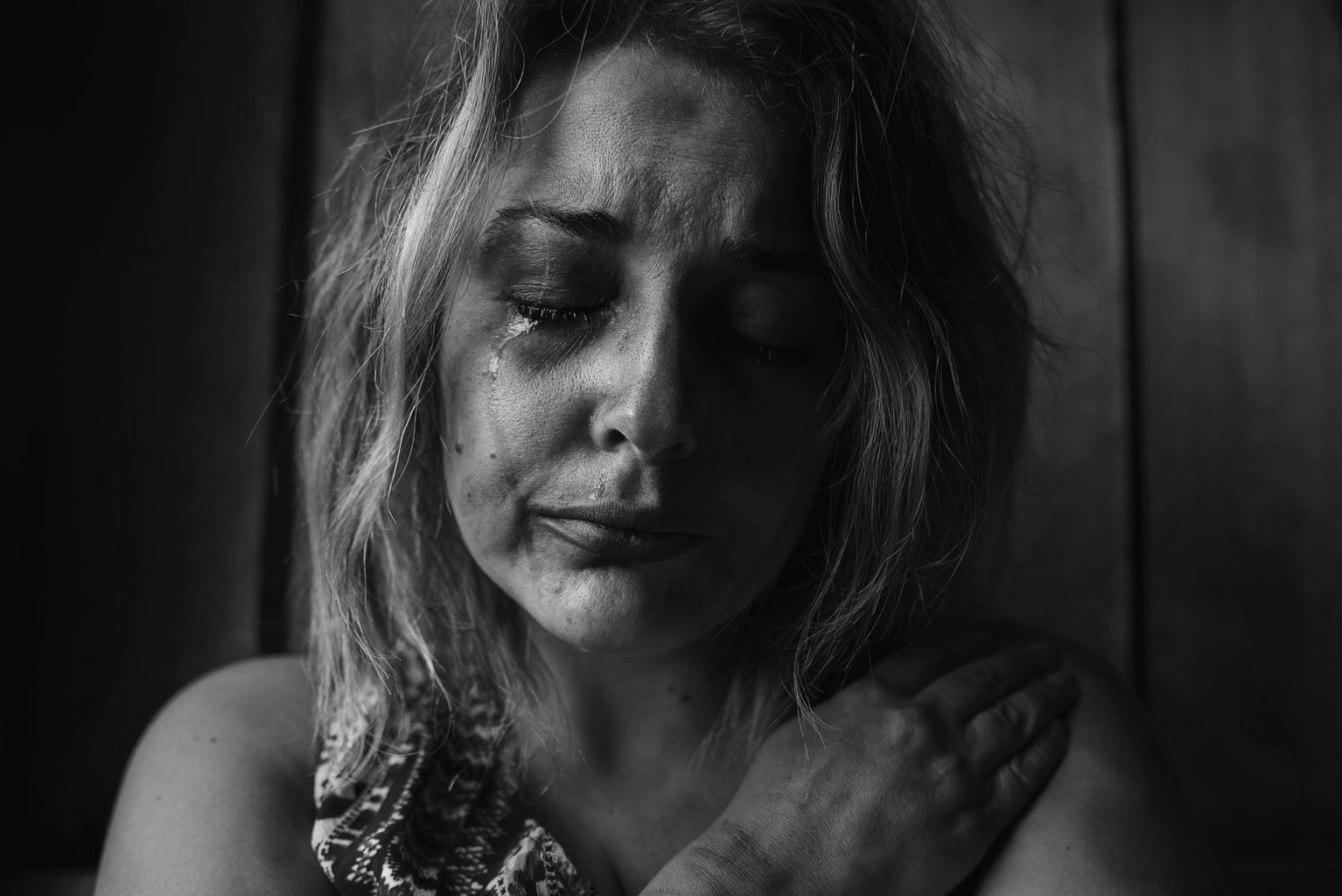Trigger warning: This article contains sensitive topics including domestic violence, abuse, assault, and violence. I am not a mental health professional and resources are listed at the end of the article.
“Why don’t you just leave?”
A common question that anyone who has been in an abusive relationship has heard far too often. I used to ask this question too, until I was 16 and in an abusive relationship. In my experience, he slowly isolated me from my friends and family, by talking poorly about them or getting mad when I would talk to them about us. He gaslit me into believing that everything I was upset about wasn’t valid. When he wasn’t calling me names or yelling at me, he would “love bomb” me to try and correct his toxic behaviors. When you add this emotional abuse to someone who physically hurts you (or threatens to), leaving can seem nearly impossible. I believed that if I left, he would physically hurt me or that I would be nothing without him. So when someone would ask me “Why don’t you just leave?”, it made me feel like it was my fault that I was still with him, and not his manipulation tactics. To this day, leaving him remains one of the scariest things I have ever done. But my story is not rare.
Domestic violence usually refers to those living with a partner or even family. Intimate partner violence is more specific to violence perpetrated by a partner in a romantic relationship, however, these terms have been used interchangeably. More specifically, this is any pattern of behavior that is used to gain or maintain control over someone by manipulating, frightening, blaming, or injuring someone. Unfortunately, this is far more common than you would believe, with 1 in 3 women and 1 in 4 men experiencing rape, physical violence, and stalking by an intimate partner.
Domestic violence doesn’t only occur in adult relationships, either. Similar to my story, 1 in 10 high school students have experienced physical violence from a dating partner, and 1 in 3 college women say they have been in an abusive relationship. Being in an abusive relationship with somebody can mean life or death for the survivor because the presence of a gun in a domestic violence situation raises the risk of murder by 500%. It can be difficult to understand why someone stays with someone who is actively abusing them, however, it is important to be educated on the impacts of domestic violence. Here are some things you can do to be more aware of this important issue and how you can better support survivors.
- Avoid telling survivors to “just leave”.
-
As mentioned above, asking someone “Why don’t you just leave?” is incredibly insensitive and can be interpreted as victim blaming. Instead, it’s important to be patient and compassionate with survivors who are attempting to leave their abusers because sometimes it can take a woman 7 attempts to leave their abuser for good. You can also refer them to a domestic violence shelter, or connect them with advocates who can create a safety plan for them to leave.
- Change your language
-
Describing somebody as a “victim” of domestic violence or assault can reduce the person to what has happened to them. The term “victim” is usually used in court proceedings, and places emphasis on the perpetrator since they are a “victim” of their crimes. However, describing someone as a “survivor” can help spark empowerment in the person and place emphasis on their healing journey. Using the term “survivor” helps acknowledge a person’s resilience and ability to survive through the imaginable pain and suffering they endured.
- Donate to your local domestic violence shelter.
-
Donating is an easy and cost-effective way to help out your local domestic violence shelter. If you have outgrown your clothes or just cleaned out your closet, donate them to help other women in need. A lot of the time, the women who escape to these shelters are left with just the clothes on their backs and have lost many of their belongings. Donations can help provide them with basic needs such as clothing, personal hygiene products, or clothing for their children.
Domestic violence can be difficult and upsetting to learn about, but it is necessary to understand. By listening to survivor’s stories and educating ourselves, we can begin to create a more supportive environment for survivors to come forward and heal.
Resources:
National Domestic Violence Hotline



